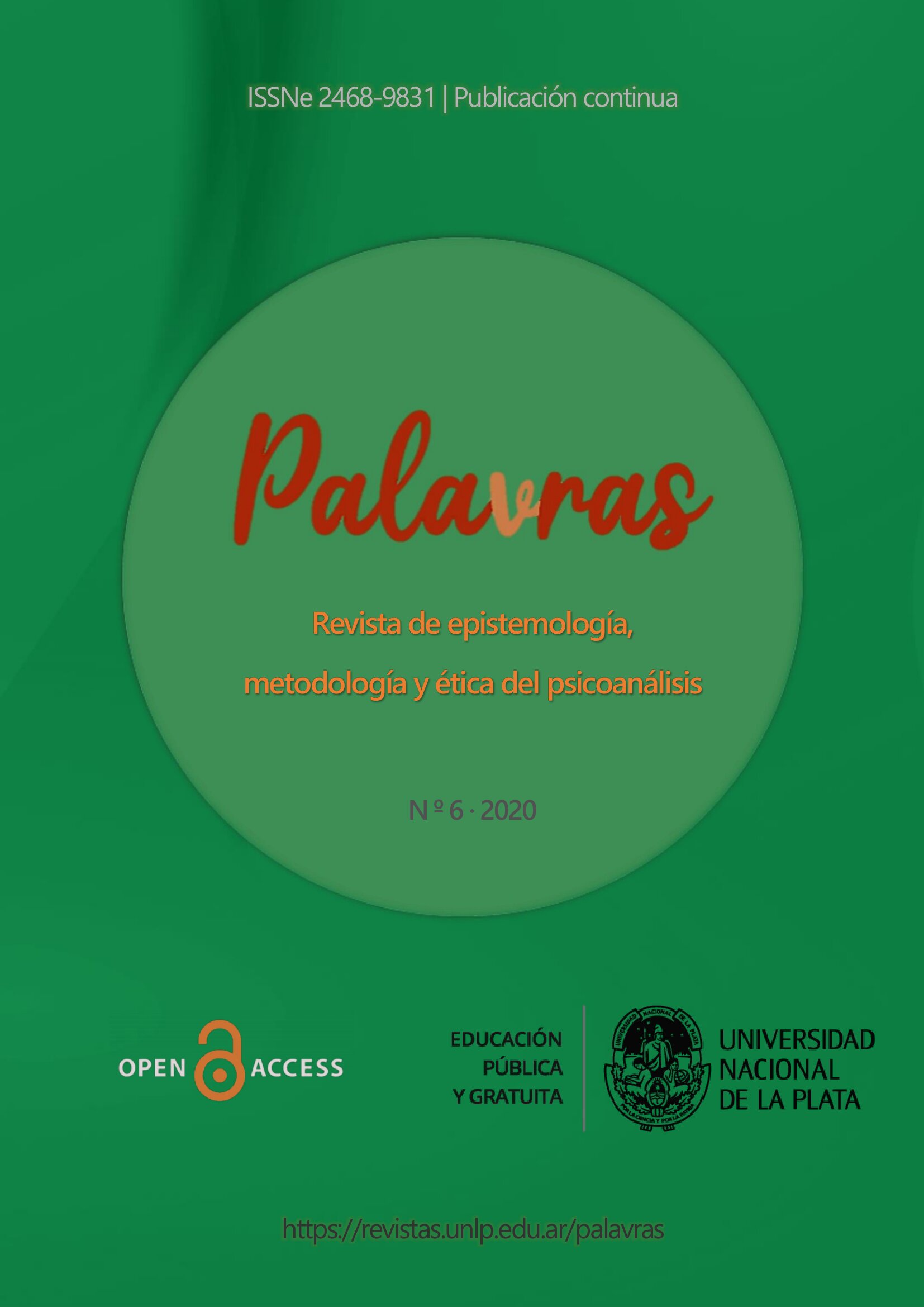The science of psychoanalysis and the psychoanalysis of science
DOI:
https://doi.org/10.24215/24689831e035Keywords:
Epistemology, Science, PsychoanalysisAbstract
Within the broad spectrum of topics that could relate psychoanalysis to scientific knowledge, this article addresses two fundamental questions: 1) the conditions under which psychoanalysis can be considered as science, and 2) psychoanalytic explanations about scientific knowledge and, in particular, those offered by Sigmund Freud himself and later, by Gastón Bachelard, who will investigate the roots of scientific discourse in the psychodynamics of the unconscious.
Psychoanalysis "as science" and psychoanalysis "of science" are thus two alternative and in a sense complementary approaches where both belief systems scrutinize each other: science looking at psychoanalysis, and psychoanalysis looking at science. It is concluded that at heart it is not a matter of opposed approaches but rather of two approaches oriented towards the same objective, which is the construction of an epistemology of psychoanalysis.
Downloads
Metrics
References
Assoun, P. (2001). Introducción a la epistemología freudiana (6ª edición). Siglo XXI editores.
Bachelard, G. (1972). La formación del espíritu científico. Contribuciones a un psicoanálisis del conocimiento objetivo (2° edición). Siglo XXI.
Cazau, P. (2013). La lógica del discurso científico. Biblioteca Redpsicología.
Cazau, P. (2016). Consideración filosófica sobre la realidad y el conocimiento. Biblioteca Redpsicología.
Cazau, P. (2018). Freud y Lacan desde cero. Edición del autor.
Freud, S. (1900/1968). Carta a Fliess del 12-6-1900. En Obras Completas. Biblioteca Nueva.
Freud, S. (1913/1968). Tótem y tabú. En Obras Completas. Biblioteca Nueva.
Freud, S. (1913/1995). Sobre psicoanálisis. En Obras Completas. Amorrortu.
Freud, S. (1914/1995). Introducción al narcisismo. En Obras Completas. Amorrortu.
Freud, S. (1915/1995). Pulsiones y destinos de pulsión. En Obras Completas. Amorrortu.
Freud, S. (1915-1917/1995). Lecciones introductorias al psicoanálisis: Conferencia 2: Los actos fallidos. En Obras Completas. Amorrortu.
Freud, S. (1916/1995). Conferencia 23: Los caminos de la formación del síntoma. En Obras Completas. Amorrortu.
Freud, S. (1917/1968). Una dificultad del psicoanálisis. En Obras Completas. Biblioteca Nueva.
Freud, S. (1923/1995). Josef Popper-Lynkeus y la teoría del sueño. En Obras Completas. Amorrortu.
Freud, S. (1926/1995). ¿Pueden los legos ejercer el análisis? En Obras Completas. Amorrortu.1995.
Freud, S. (1927/1995). El porvenir de una ilusión. En Obras Completas. Amorrortu.
Freud, S. (1932/1995). Mi relación con Josef Popper-Lynkeus. En Obras Completas. Amorrortu.
Freud, S. (1933/1995). 35° Conferencia: En torno a una cosmovisión. En Obras Completas. Amorrortu.
Freud, S. (1938/1968). Algunas lecciones elementales de psicoanálisis. En Obras Completas. Biblioteca Nueva.
Mach, E. (1905/1948). Conocimiento y error. Espasa-Calpe.
Mach, E. (1886/1987). Die Analyse der Empfindungen und das Verhältnis des Physischen zum Psychischen, Jena. En El análisis de las sensaciones. Alta Fulla Editorial.
Popper, K. (1967). Conjeturas y refutaciones. El desarrollo del conocimiento científico. Paidós.
Downloads
Published
Issue
Section
License
Attribution 4.0 International (CC BY 4.0)
You are free to:
- Share — copy and redistribute the material in any medium or format
- Adapt — remix, transform, and build upon the material for any purpose, even commercially.
The licensor cannot revoke these freedoms as long as you follow the license terms.
Under the following terms:
-
Attribution — You must give appropriate credit, provide a link to the license, and indicate if changes were made. You may do so in any reasonable manner, but not in any way that suggests the licensor endorses you or your use.
- No additional restrictions — You may not apply legal terms or technological measures that legally restrict others from doing anything the license permits.
Notices:
- You do not have to comply with the license for elements of the material in the public domain or where your use is permitted by an applicable exception or limitation.
- No warranties are given. The license may not give you all of the permissions necessary for your intended use. For example, other rights such as publicity, privacy, or moral rights may limit how you use the material.










